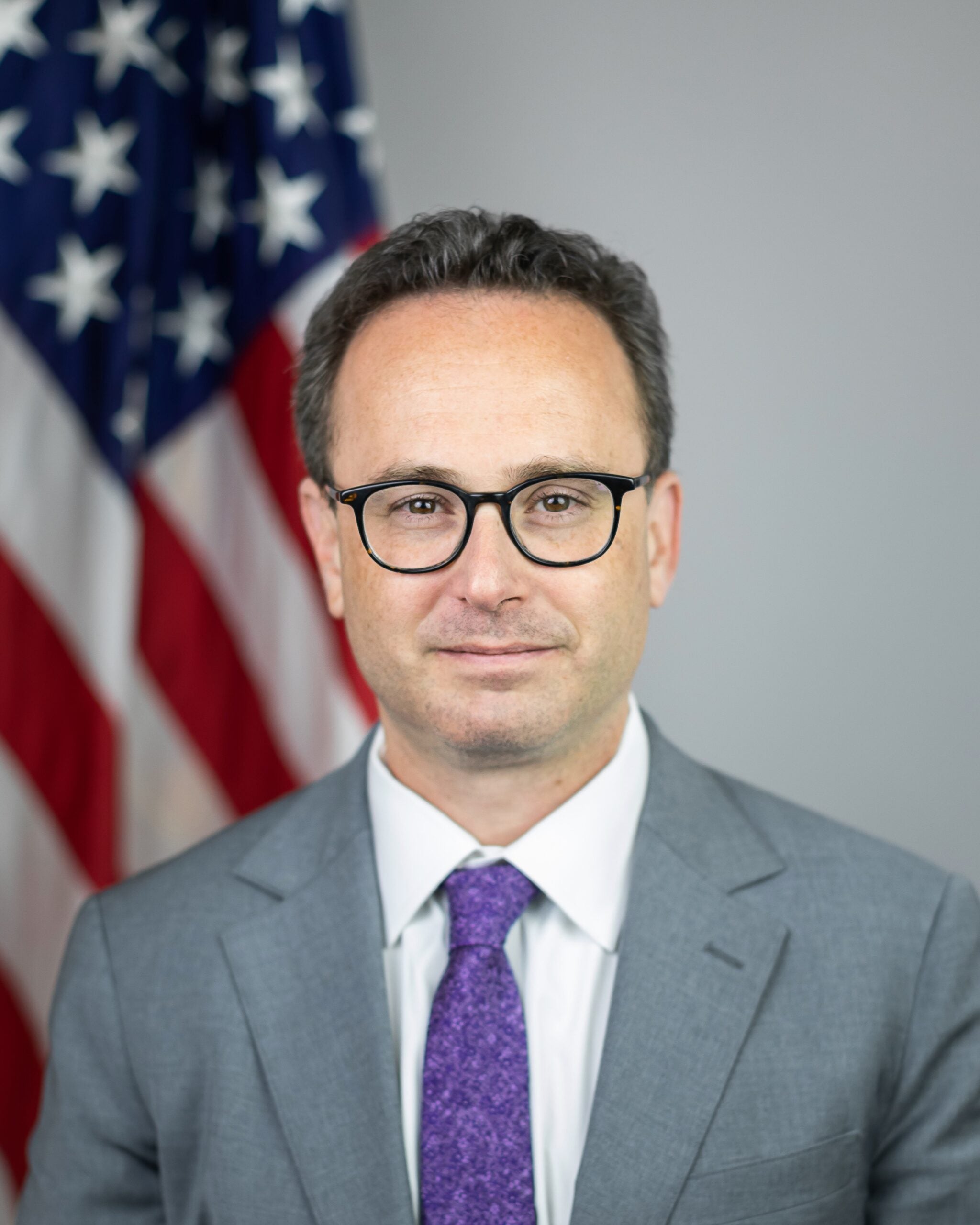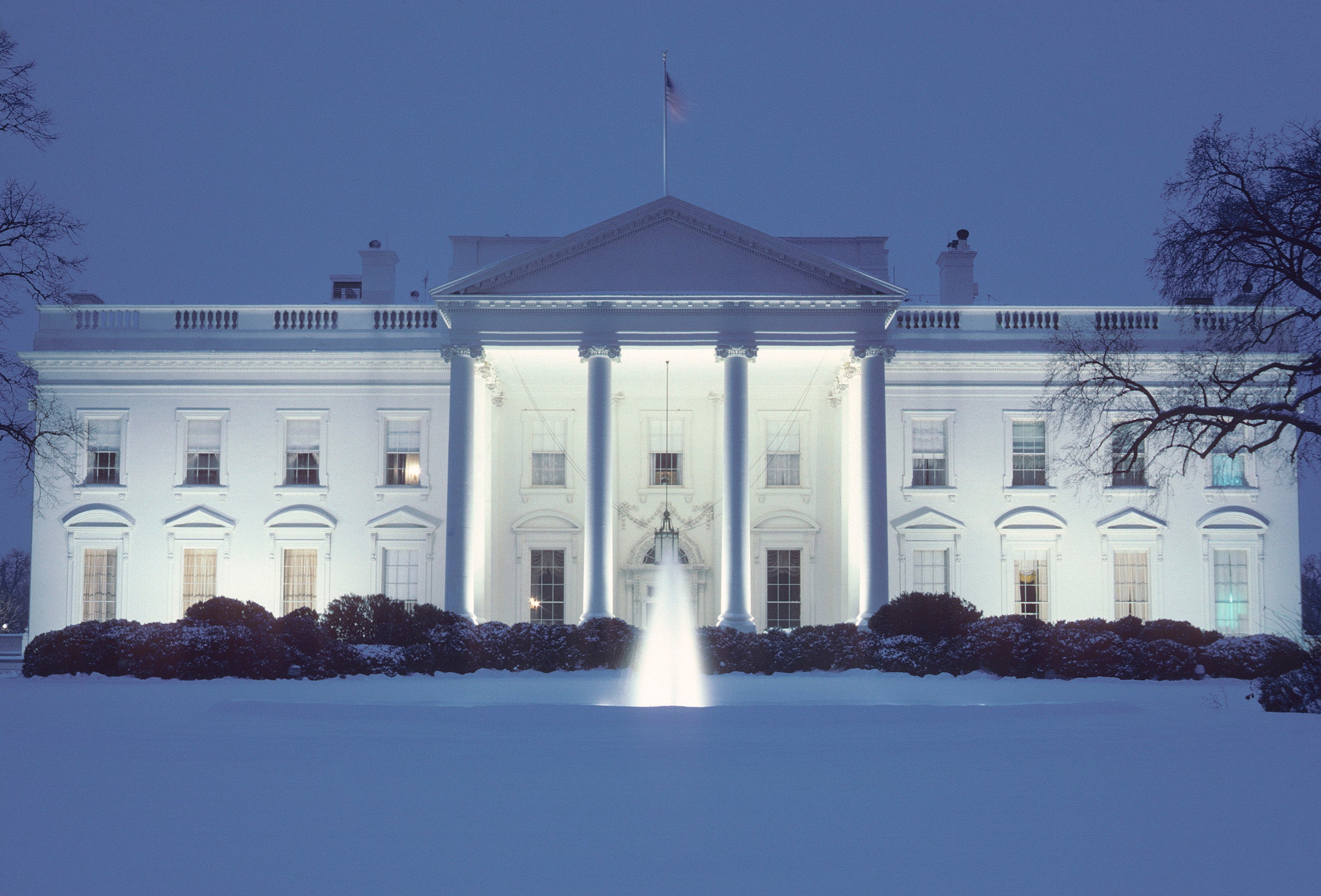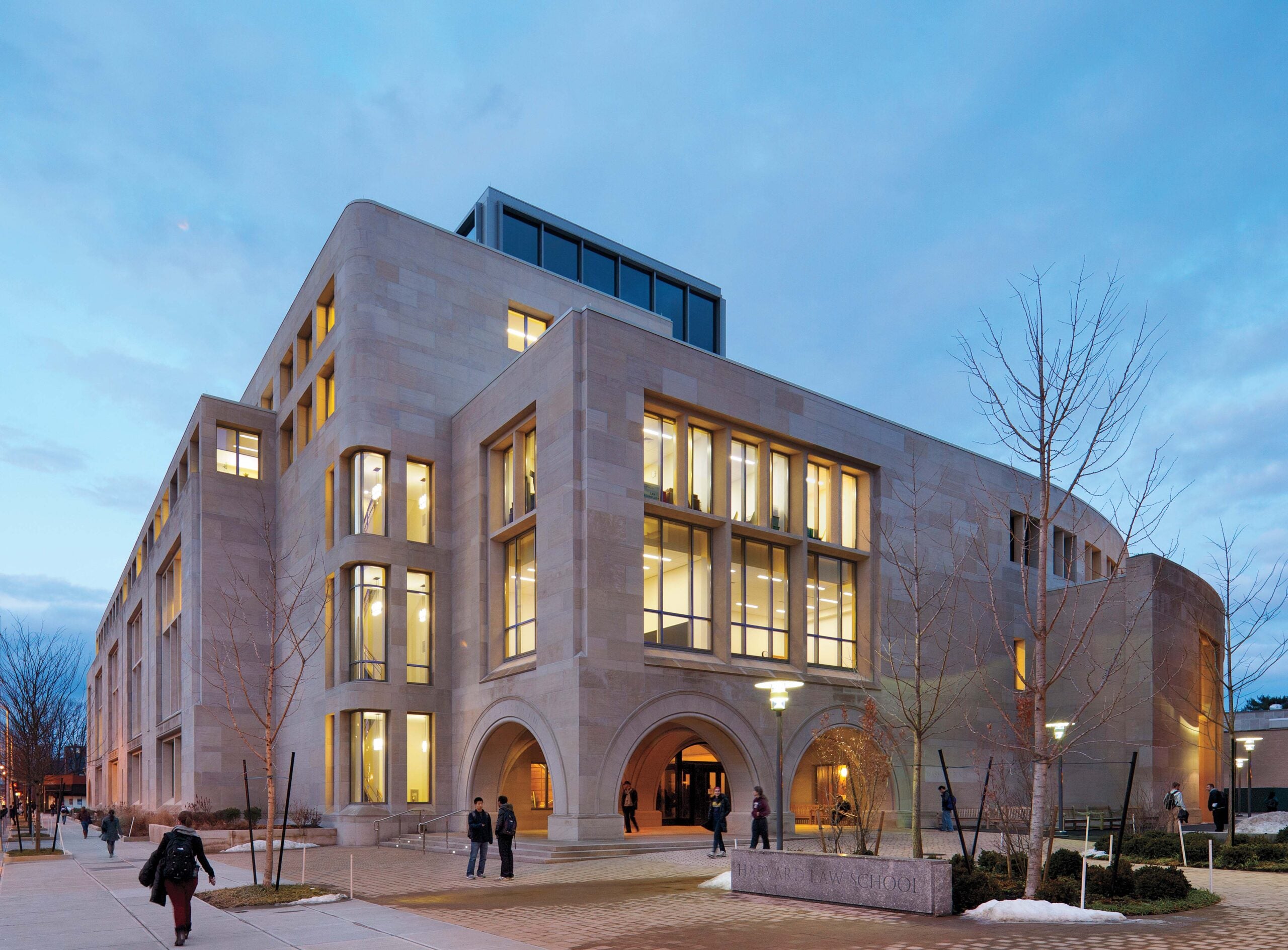People
Larry Schwartztol
-
A Focus on Democracy: HLS Clinics and Classes
July 15, 2022
The Election Law Clinic, led by Ruth Greenwood, visiting assistant clinical professor, focuses on voter suppression, gerrymandering, and the challenges money poses to democratic participation.
-
Larry Schwartztol, White House lawyer focused on voting rights and democracy reform, has been named a professor of practice. He will serve as the faculty director of the Democracy and the Rule of Law Clinic.
-
Since President Joe Biden took office in January, dozens of Harvard Law community members, including faculty and alumni, have been tapped to serve in high-profile positions in his administration
-
Losing Your Driver’s License to Debt: 43 States Allow Suspensions Due to Unpaid Court Debt
February 1, 2019
... In 43 states and the District of Columbia, driver’s licenses can be suspended because of unpaid court debt. In most locales, once a driver’s license is suspended, it can retain that designation indefinitely. Only four states currently require an “ability-to-repay” or a “willfulness” determination. Otherwise, nonpayment of driver-related charges can lead to the loss of a driver’s license for years. ... “Excessive fees and fines pose a fundamental challenge to a fair and effective criminal justice system,” said Larry Schwartztol, executive director of Harvard Law’s Criminal Justice Policy Program. “At their worst, these practices can lead to a two-tiered system of criminal justice, exposing indigent defendants to especially harsh outcomes.”
-
...In Illinois, lawmakers introduced in February legislation that would outlaw money bonds, and Cook County State’s Attorney Kim Foxx moved last month to release inmates with bonds of $1,000 or less who could not afford to pay them. Nationally, both New Jersey and Maryland have dramatically overhauled the way they use cash-based bail this year, and other states promise to follow suit. Facing lawsuits and tight budgets, states and local governments across the country have started to rethink the use of money to keep people in jail. “We’re really at an amazing moment with bail,” says Larry Schwartztol, executive director of the Criminal Justice Policy Program at Harvard Law School in Cambridge, Mass. “There is a really extraordinary wave of momentum to change in pretty fundamental ways [how] bail works.”
-
Justice reinvestment: Moving forward and reexamining bail
January 17, 2017
There is a growing movement in criminal justice reform to re-examine how bail and pretrial detention is used...Pennsylvania may soon join that movement. As part of justice reinvestment in the state, a recommendation has been made to review how bail is handled. “Our view is that rethinking the bail system provides significant opportunities for making it more effective, doing a better job in ensuring the integrity of the justice system and ensuring the safety of the community, at the same time solving these really intractable problems when systems use money which just results in unfair outcomes,” said Larry Schwartztol, executive director of the Harvard Law School Criminal Justice Policy Program. Harvard did not contribute to Pennsylvania’s justice reinvestment recommendations but has focused research on bail extensively.
-
A St. Louis Suburb Jailed Nearly 2,000 People for Not Paying Fines
December 20, 2016
...In recent years, civil rights groups have taken cities to court to compel changes to their operation of so-called debtors' prisons, where those who cannot afford to pay fines are jailed until their debts are paid off. The practice was first barred under federal law in 1833. In 1983, the Supreme Court ruled that the act of imprisoning someone unable to settle their debt unconstitutional. Yet lawsuits and a federal investigation into policing and court practices in Ferguson following the death of Michael Brown shed light on how municipal courts locked up poor residents who couldn't pay off their debts as a way to generate revenue...."One thing that has been revealed over and over again in the Ferguson investigation and these lawsuits is that the worst practices tend to arise when courts and other officials perceive a financial necessity in funding their operation through fees and fines," says Larry Schwartztol, executive director of Harvard University's Criminal Justice Policy Program. "That creates conflicts of interest and distorts the justice system."
-
...America's bail system has become a central issue in the fight to reverse mass incarceration and to ease the disproportionate burden shouldered by the poor and minorities. In courthouses, statehouses and ballot boxes across the country, civil rights lawyers and progressive policymakers are working to curb the practice of demanding money in exchange for freedom before trial, an effort tied to a broader crackdown on other money-based penalties, such as fees and fines...Larry Schwartztol, executive director of the newly formed Criminal Justice Policy Program at Harvard Law School, said he sees it happening already. "There's been this amazing pendulum swing from what had been a bipartisan coalition in the 1990s for a punitive approach to criminal justice to a broad convergence now of people thinking about ways to be smart on crime, to move away from mass incarceration and to account for the harmful effect the criminal justice system has had," Schwartztol said. He added, "I think there may be a tipping point for sweeping change."
-
Extended Sentence
October 11, 2016
An op-ed by Larry Schwartztol and Abby Shafroth...Silva’s experience highlights an increasingly fundamental fact about encounters with the criminal justice system: long after a formal sentence ends, the punishment continues. As his story shows, a criminal sentence is no longer a singular penalty pronounced by a judge as a proportionate response to a criminal conviction. These convictions often spark a cascade of economic consequences that persist for years after the formal sentence is over and threaten a person’s ability to successfully and self-sufficiently re-enter society. These debts force individuals to navigate a maze of onerous systems and actors—criminal courts and prisons, but also private debt collectors, DMVs, credit reporting companies, and bankruptcy courts.
-
Harvard Law students help win presidential clemency for inmates
October 6, 2016
Last spring, the Criminal Justice Policy Program developed an initiative to provide representation to incarcerated people petitioning President Obama for clemency. Twenty-six Harvard Law students volunteered to work with a team of pro bono attorneys to represent clemency petitioners, in what has become the largest law student-based clemency initiative in the country.
-
How Harvard Law students won 3 inmates their freedom
October 3, 2016
Since 2008, Darryl Dewayne Edwards has been a guest of the federal prison system, serving a sentence of life without parole. Though he had a fairly minor criminal record at the time of his arrest on drug and weapons charges, he received a mandatory life sentence after rejecting a plea bargain, and exercising his right to go to trial...Edwards’s release — and those of two other federal prisoners so far — was won by a group of young legal advocates. A group of Harvard Law School students, supervised by attorneys from the law firm of Goodwin Procter, has filed clemency petitions for more than a dozen federal prisoners who could qualify for release under guidelines set forth by the Justice Department...Among those answering the call was Larry Schwartztol, director of the Criminal Justice Policy Program at Harvard Law School...Two of his students, Lark Turner and Molly Bunke, have worked on successful petitions...Turner said she went to law school with the hope of eventually influencing policy on mass incarceration. “The idea that you can go to law school and in your first year you can start working on things that matter so much it’s pretty incredible,” she said...“I think this experience taught me a lot about being an effective advocate,” Bunke said. “That’s why I came here, and that’s what I want to do when I leave.”
-
Report equips advocates to work together to tackle challenges of Criminal Justice Debt
September 8, 2016
Harvard Law School’s Criminal Justice Policy Program and the National Consumer Law Center (NCLC) have released Confronting Criminal Justice Debt: A Comprehensive Project for Reform, a collaborative project that focuses on the financial costs of the criminal justice system.
-
Grant will support Criminal Justice Policy Program’s work to reform unfair financial obligations in criminal cases
June 29, 2016
Harvard Law School’s Criminal Justice Policy Program has received a generous grant from the Laura and John Arnold Foundation to support the program’s work to advance reform of unfair policies that allow for imposing fees and fines in the criminal justice system.







